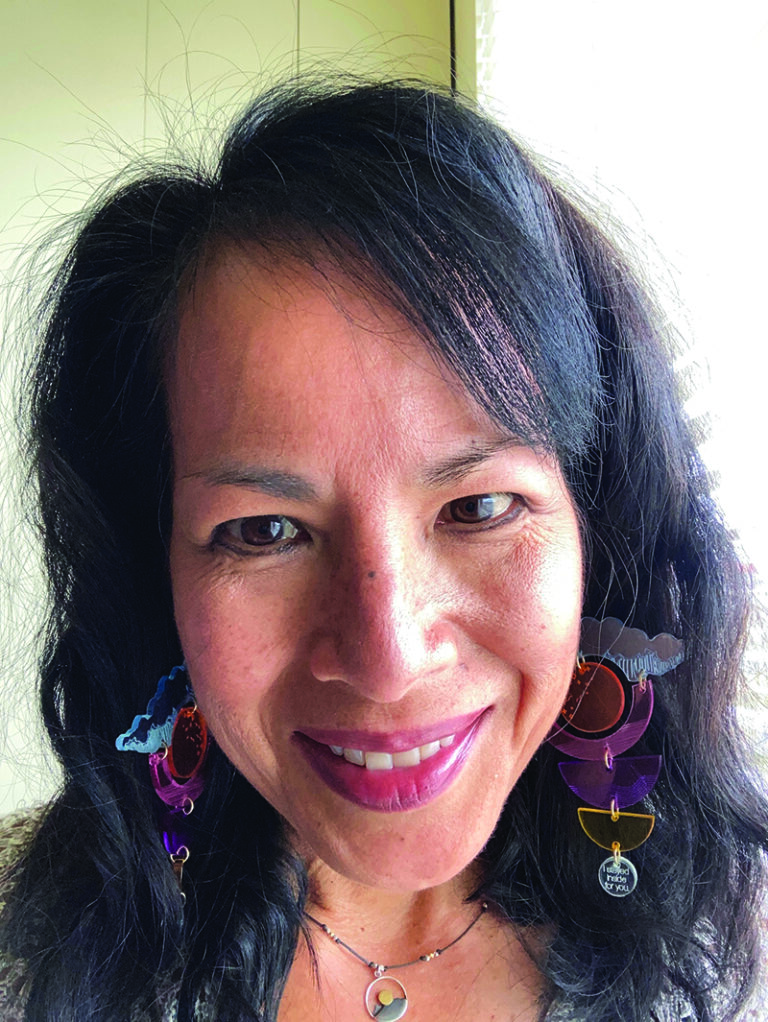
By Vera Naputi, teacher
East High School
It has been a strange year in which I have learned to live a remixed lifestyle and see what it means to be in a constant state of wakefulness. Racial violence and COVID-19 have awoken my insomnia. The repetition of waking to visual platforms and the black and white screens keeps on firing and my REM stage is an elusive one.
Affected by low-to-high resolutions on the screen and knowing that the perfect setting is rare, my mind makes quick sense of imperfections as I fight every day to take heart in the messy and wild ways of teaching these days. In my remix, I have let go of clarity and resolution, and instead have embraced the poignancy, stamina and endurance to hold on. Thankfully, I am not doing this alone — thousands of educators, especially my colleagues at Madison East High School, are living this remix.
Part of my remix has been in my transparency, particularly aimed at my social-emotional health. Every few weeks, I write love notes to a group of students. We exchange two things: a love track and a love action. This has been a beautiful way to be communal. One of my students dropped these lines by Mary J. Blige as her love track, and I have been reciting them ever since.
“Real love, I’m searching for a real love
Someone to set my heart free
Real love, I’m searching for a real love
I’m out to have a real love”
Every verb and adverb in these lines holler “practice love.” This means I enter Zoom and Facetime spaces with an utter commitment to reality. I am not talking about superficial love that is coded or fake. This love practice is justice work that repels the act of undermining issues and minimizing the immense impact racial violence and COVID-19 have on teachers and students.
The remix is in the responsive curriculum co-created with students that is 100% centered on liberation — that there is no room for stagnation or sameness.
The remix is to continue to foster belonging and openness to understand youth culture at all costs. It is to consciously erase language and actions that deform and distort the presence of white supremacy and, instead, inform and dare others to question oppressive systems with critical eyes. The way to set my heart free is to count on affirmations and critical conversations with comrades who will run this urgent path with me.
The remixed lifestyle rooted pedagogically in love is hard. I think it is so hard because love is about telling the truth, and that takes an utter commitment to realities that are difficult or worrisome to embrace. That is when I sit with my wakefulness and integrate the pressures of racial violence and COVID-19 with student worries and lyrics from songs, with insights from my comrades, and ideas from people I trust. Together we can uncover and discover what happens when the remix is centered in love.